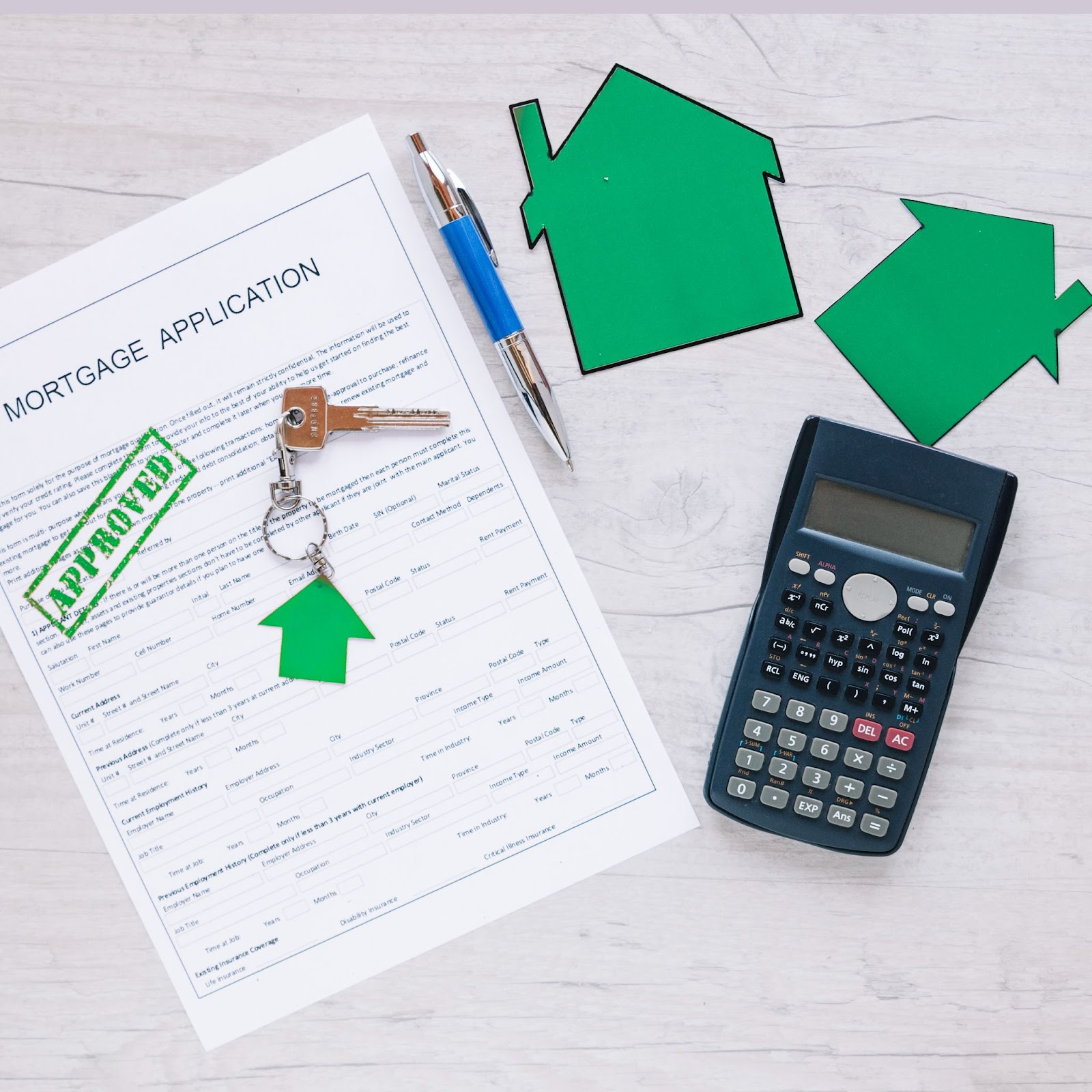How to Find Off-Market Properties: Insider Tips for Savvy Buyers
For savvy real estate buyers, off-market properties represent an untapped well of opportunity. These hidden gems often come without the competition and inflated prices associated with traditional listings. But finding off-market properties requires strategy, persistence, and creativity. This guide will provide you with insider tips to help you uncover these elusive deals.
What Are Off-Market Properties?
Off-market properties are homes that are for sale but not publicly advertised on the Multiple Listing Service (MLS). These properties are sometimes called pocket listings or private sales. Sellers might choose this route for various reasons, such as maintaining privacy, testing the market, or avoiding the hassle of public showings. For buyers, off-market deals can mean less competition and the potential for favorable terms.
Benefits of Buying Off-Market Properties
- Reduced Competition: Without public advertising, fewer buyers are aware of these properties, reducing bidding wars.
- Potential for Better Deals: Sellers who avoid traditional listing channels may prioritize quick, hassle-free transactions over top-dollar offers.
- Exclusive Opportunities: Off-market properties often provide unique opportunities to purchase homes before they hit the public market.
- Privacy: For buyers seeking discretion, off-market deals can help maintain a low profile.

Insider Tips for Finding Off-Market Properties
Build Relationships with Real Estate Agents
Real estate agents often have the inside scoop on properties that are not yet listed. They might hear about potential sales through their networks or from sellers who prefer to keep their homes off the MLS.
How to Approach Agents:
- Focus on agents specializing in your target area.
- Be clear about your criteria and willingness to consider off-market opportunities.
- Maintain a good relationship by being responsive and decisive when opportunities arise.
Network, Network, Network
Networking can be a powerful tool for finding off-market properties. Sellers often share their plans with friends, family, or colleagues before making any public announcements.
Where to Network:
- Attend local real estate events and meetups.
- Join neighborhood groups on social media platforms.
- Let your personal network know you’re looking for properties—word of mouth can work wonders.
Direct Mail Campaigns
Reaching out to property owners directly can yield surprising results. A well-crafted letter or postcard expressing your interest in buying their property might catch the attention of a seller who hadn’t planned to list their home publicly.
Tips for Success:
- Personalize your messages by addressing the recipient by name and referencing specific details about their property or neighborhood.
- Use professional yet approachable language.
- Follow up but avoid being overly aggressive.
Use Online Platforms
Some websites and apps are dedicated to off-market properties or provide insights into homes that could soon be for sale.
Recommended Platforms:
- Zillow’s “Make Me Move” feature.
- Local real estate investment forums.
- Private Facebook groups for real estate professionals.
Keep an Eye on Distressed Properties
Distressed properties, such as homes in pre-foreclosure or probate, often fly under the radar. These properties may be available at below-market prices, especially if the seller is motivated to close quickly.
How to Identify Distressed Properties:
- Check public records for foreclosure filings.
- Contact estate attorneys for probate leads.
- Work with a real estate agent experienced in distressed properties.
Explore Off-Market Listings Services
Several services specialize in connecting buyers with off-market properties. While some require paid subscriptions, the investment can be worthwhile if it leads to your ideal home.
Examples of Off-Market Services:
- Pocket Listings
- RealtyHive
- Off-MLS platforms like Compass Private Exclusives
Partner with Real Estate Wholesalers
Wholesalers specialize in finding undervalued properties, contracting them at a low price, and assigning the contract to buyers for a fee. These professionals often uncover opportunities that never hit the market.
How to Work with Wholesalers:
- Build relationships with reputable wholesalers in your target area.
- Be prepared to act quickly, as wholesaled properties often sell fast.
Drive Through Target Neighborhoods
Driving or walking through neighborhoods of interest can reveal properties that might not be officially listed but appear to be candidates for sale. Look for signs like neglected yards, “For Sale by Owner” notices, or vacant properties.
What to Do:
- Take note of property addresses and follow up with direct mail or door-to-door inquiries.
- Introduce yourself to neighbors who might have insights about the local real estate market.
Collaborate with Local Investors
Real estate investors often have access to off-market properties through their extensive networks and deal pipelines. While they typically look for investment opportunities, some may be open to sharing leads.
How to Approach Investors:
- Attend investor meetups and networking events.
- Offer to share leads or collaborate on deals.

Challenges to Consider
While off-market properties can offer significant advantages, there are challenges to keep in mind:
- Limited Transparency: Without MLS data, it can be harder to verify a property’s value or compare it to similar homes.
- Negotiation Complexity: Off-market deals often lack the structure of traditional transactions, requiring strong negotiation skills.
- Access Issues: Sellers may be less willing to accommodate showings or inspections.
- Legal Risks: Ensure all agreements are thoroughly reviewed by a real estate attorney to avoid potential pitfalls.
Making an Off-Market Offer
When you find an off-market property, crafting a compelling offer is crucial. Here’s how to increase your chances of success:
- Understand the Seller’s Motivation: Determine why the seller is opting for an off-market sale and tailor your offer to meet their needs—whether it’s a fast closing, flexible terms, or cash payment.
- Be Prepared to Act Quickly: Off-market opportunities can disappear fast. Have your financing in place and be ready to make a decision.
- Offer Fair Value: While you may want a good deal, lowballing can alienate the seller. Base your offer on thorough market research.
- Build Rapport: Establishing trust with the seller can go a long way. Be transparent and professional in your communications.
The Role of Professionals in Off-Market Transactions
Having the right team can make or break your off-market property search. Consider enlisting:
- Real Estate Agents: Experienced agents can leverage their networks and provide valuable market insights.
- Attorneys: A real estate attorney can ensure all agreements are legally sound.
- Inspectors: Off-market properties might come with hidden issues, making professional inspections essential.
- Appraisers: An appraisal can help you determine a property’s true value, ensuring you don’t overpay.
Finding off-market properties requires effort, creativity, and persistence, but the rewards can be well worth it. By leveraging relationships, utilizing technology, and thinking outside the box, you can uncover unique opportunities that give you an edge in the competitive real estate market. Whether you’re a first-time buyer or a seasoned investor, these insider tips can help you navigate the off-market property landscape with confidence and success.

